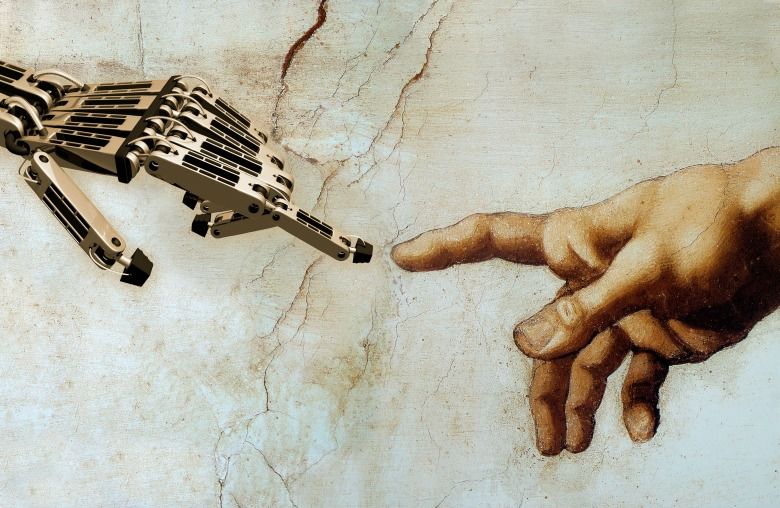(Getty/Science Source/Mike Agliolo)
T he concept of artificial intelligence has been fuel for science fiction since at least 1920, when the Czech writer Karel Čapek published R.U.R., his play about a mutiny led by a throng of robots. Speculation about the future of intelligent machines has run rampant in the intervening decades but recently has taken a more critical turn. Artificial intelligence (AI) is no longer imaginary, and the implications of its future development are far-reaching. As computer scientists confirm their intent to push the limits of AI capabilities, religious communities and thinkers are also debating how far AI should go—and what should happen as it becomes part of the fabric of everyday life.
“Scientists want to be at the cutting edge of research, and they want the contribution to knowledge,” says Brendan Sweetman, chair of philosophy at Rockhurst University. “But at the same time, a lot of what they do raises moral questions.”
